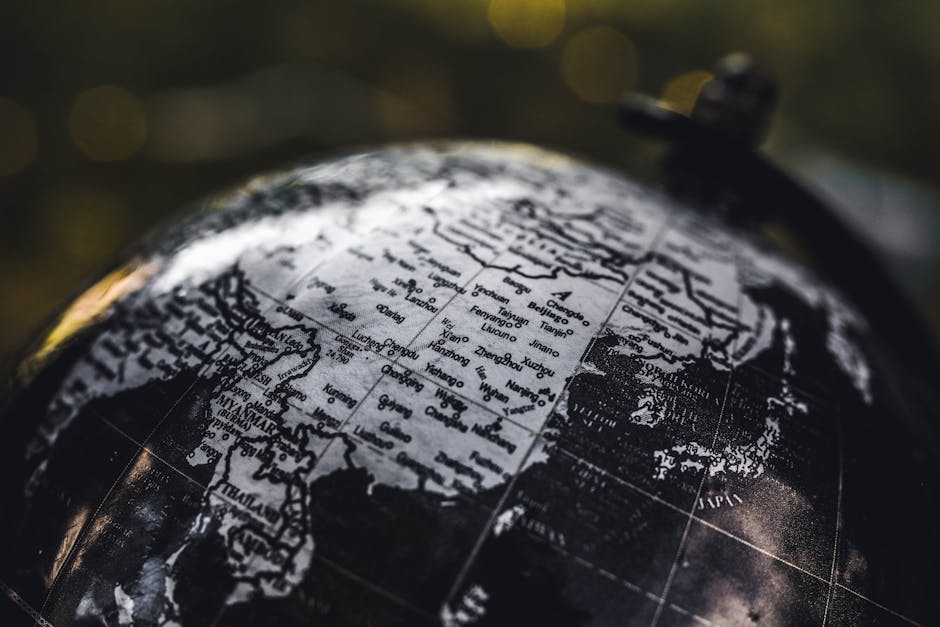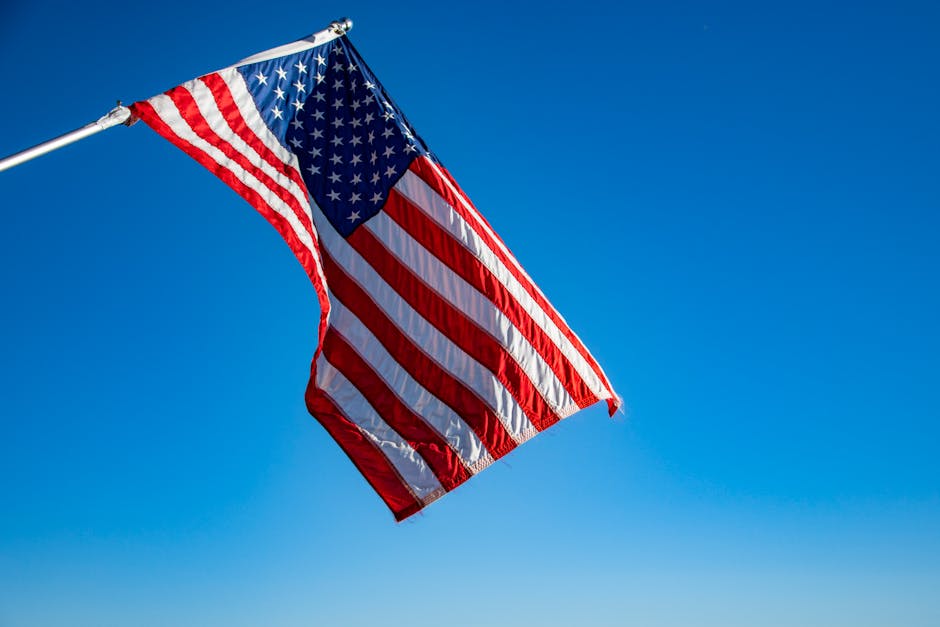Trump Inks Rare Earth Pact with Japan Amid China Tensions
In a strategic push to reduce reliance on China, former U.S. President Donald Trump finalized a rare earth minerals agreement with Japan days before high-stakes talks with Chinese officials. The deal highlights escalating geopolitical competition over critical supply chains and tech supremacy.
Why Rare Earth Minerals Are Crucial
Rare earth minerals—17 elements like neodymium and dysprosium—power smartphones, electric vehicles, and advanced military tech. China controls 80% of global production, raising U.S. and allied concerns over trade security.
The U.S.-Japan pact focuses on:
– Diversifying supply chains via new mines in Australia and Africa.
– Sharing processing tech to bypass Chinese refining.
– Building strategic reserves against future shortages.
Deal’s Timing: A Signal to China?
Signed ahead of Trump’s China meeting, the agreement reinforces U.S. efforts to curb Beijing’s rare earth leverage. Analysts warn China may retaliate with export controls, but the alliance could weaken its dominance long-term.
Reactions and Next Steps
- Support: Tech and defense sectors applaud the move.
- Criticism: Environmentalists urge caution over mining impacts.
- China’s stance: State media calls the deal “symbolic,” but industry watchers expect tighter rare earth policies.
The partnership’s success depends on rapid execution, as new mines take years to develop. Yet with Japan aligned and Australia likely joining, the U.S. is advancing toward supply chain resilience.
As Trump engages China, rare earths remain a pivotal bargaining chip—but this deal marks a decisive step toward independence.
Follow us for real-time updates on this developing story.




